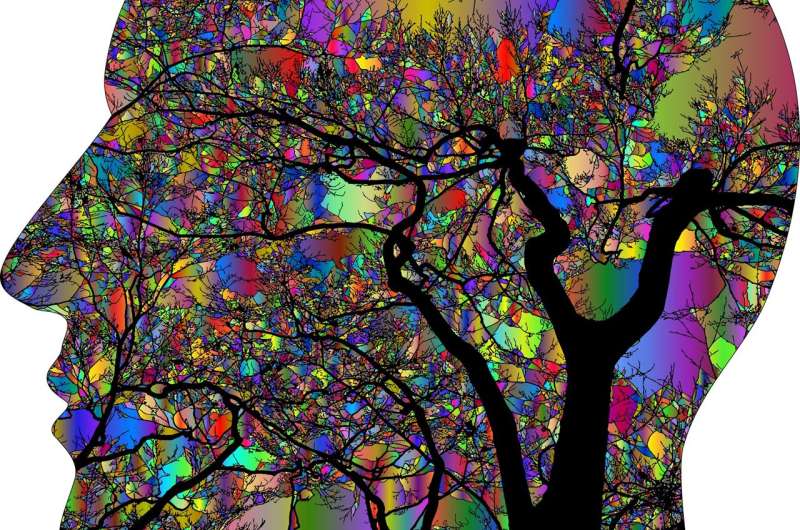
Psychologists view psychedelic-assisted therapy (PAT) as a transformative tool with the potential to facilitate deep psychological insights and emotional breakthroughs for patients with chronic mental health conditions, a Griffith University study has found.
“Australian psychologists’ attitudes towards psychedelic-assisted therapy and training following a world-first drug down-scheduling” has been published in Drug and Alcohol Review.
Researchers interviewed 20 psychologists from across Australia, and most said psychedelic-assisted therapists would themselves benefit from a psychedelic experience as part of professional training.
Training programs which prepare professionals to navigate the complexities of PAT were limited in Australia and there was a demand to equip psychologists with knowledge and training to deliver PAT responsibly and effectively.
Lead researcher with the School of Applied Psychology, Ph.D. Candidate Jordan Negrine said participants showed both enthusiasm and caution about the perceived therapeutic potential of PAT.
“Psychologists in the study exhibited limited awareness of the implementation processes of PAT in Australia, especially related to prescription and delivery procedures,” Mr. Negrine said.
“During the psychedelic experience, clinical outcomes would depend on an individual’s psychological state and the external environment, and these factors create a degree of unpredictability—making access to professional support and training vital.
“The research shows most psychologists believe endorsement by credible institutions, comprehensive education and training programs would remove barriers to the safe delivery of PAT in clinical practice.
“Many participants advocated for specialist training which expands beyond coursework, with an option to undergo supervised psychedelic exposure as part of the training.”
Participants proposed PAT had the capacity to alleviate pressures on the mental health system through facilitating a reduction in psychological barriers to treatment and addressing underlying causes of psychological distress.
Psychologists also noted that under the right conditions, treatment was non-addictive, safe to use, more effective than current psychiatric pharmacotherapies, was associated with fewer instances of aggression and imposed fewer physical and mental side effects.
More information:
Jordan J. Negrine et al, Australian psychologists’ attitudes towards psychedelic‐assisted therapy and training following a world‐first drug down‐scheduling, Drug and Alcohol Review (2024). DOI: 10.1111/dar.13973
Citation:
Psychologists are positive about psychedelic-assisted therapy, suggests Australian study (2024, November 7)
retrieved 7 November 2024
from https://medicalxpress.com/news/2024-11-psychologists-positive-psychedelic-therapy-australian.html
This document is subject to copyright. Apart from any fair dealing for the purpose of private study or research, no
part may be reproduced without the written permission. The content is provided for information purposes only.


